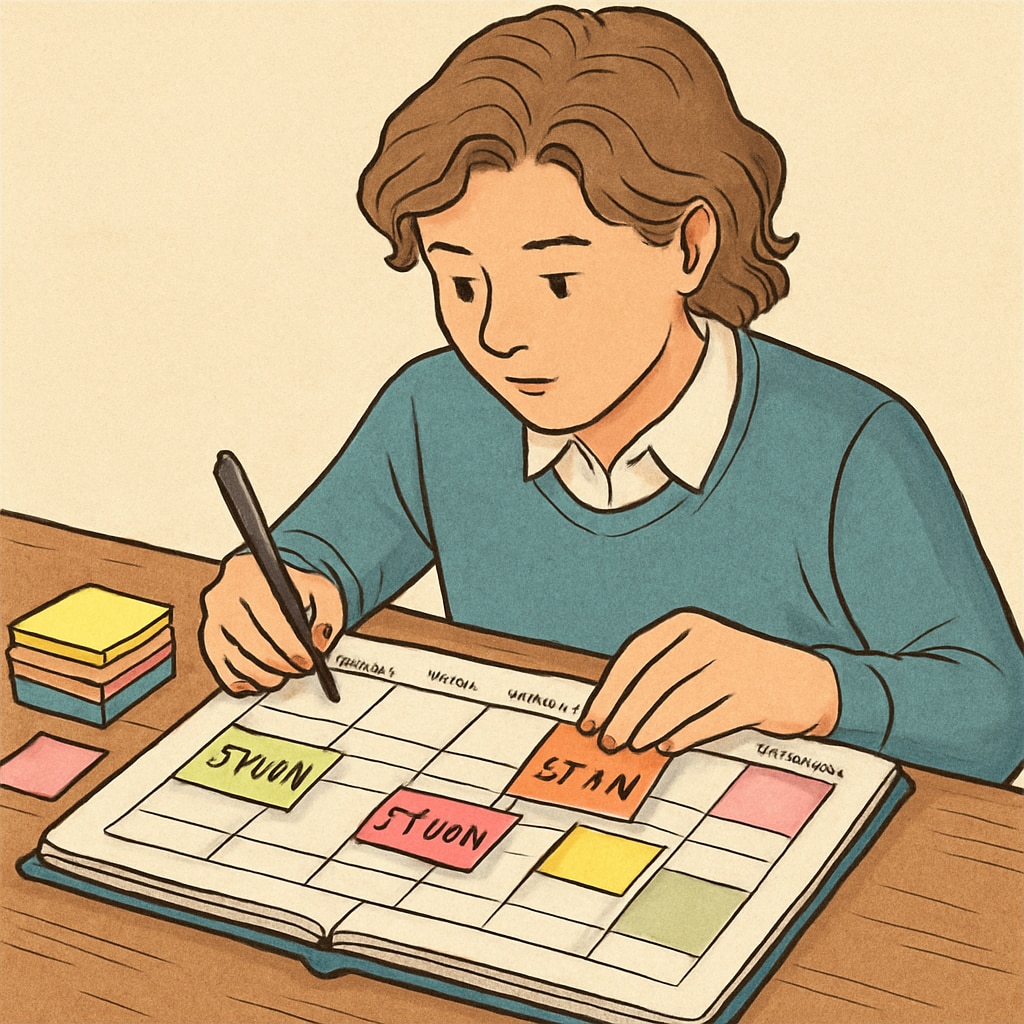Falling behind in high school due to credit deficiency can feel like an insurmountable challenge, especially for students with ADHD. These students often face unique obstacles in maintaining focus and organization, which can negatively impact their academic performance. However, with the right strategies and support systems, it is possible to recover missing credits and graduate on time. This article provides a comprehensive guide to help ADHD students navigate this journey successfully.
Understanding the Challenges of ADHD in High School
ADHD (Attention Deficit Hyperactivity Disorder) can significantly impact a student’s ability to manage their academic responsibilities. Common symptoms include difficulties with attention, impulsivity, and executive functioning skills such as organization and time management. When left unaddressed, these challenges can lead to incomplete coursework, low grades, and ultimately, credit deficiency.
For students dealing with ADHD, the traditional high school environment may not always cater to their needs. Recognizing these challenges is the first step toward developing effective solutions. With proper interventions, students can not only catch up academically but also build skills that will serve them throughout their lives.

Strategies to Recover Missing Credits
Recovering from credit deficiency requires a combination of academic planning, resource utilization, and strong support systems. Here are some strategies tailored specifically for students with ADHD:
- Create a Personalized Learning Plan: Work with school counselors or academic advisors to design a plan that outlines which credits need to be recovered and sets realistic timelines. Break large goals into smaller, manageable tasks to avoid feeling overwhelmed.
- Explore Alternative Credit Options: Many schools offer credit recovery programs, summer school, or online courses. For ADHD students, online courses can be advantageous, as they allow for flexible pacing and minimize classroom distractions.
- Leverage Accommodations: If you have an Individualized Education Program (IEP) or a 504 Plan, ensure that accommodations like extended deadlines or additional support are being implemented. These tools are designed to level the playing field and help you succeed.
- Stay Organized: Use digital tools like calendars or task management apps to keep track of deadlines and assignments. Visual reminders and checklists can also be helpful.
By taking proactive steps and utilizing available resources, students can make significant progress toward recovering lost credits.

Building a Support System
Recovering from credit deficiency is not a journey that students should undertake alone. A strong support system is essential for long-term success. Here’s how to build one:
- Engage Family Members: Parents and guardians can help provide structure at home, monitor progress, and offer encouragement during challenging times.
- Work with Educators: Teachers and school staff are valuable allies. Don’t hesitate to ask for additional support, such as tutoring or one-on-one meetings to clarify difficult concepts.
- Connect with Peers: Join study groups or connect with classmates who share similar academic goals. Collaborative learning can make studying more engaging and less isolating.
- Seek Professional Help: If ADHD symptoms are significantly impacting your focus and motivation, consider consulting with a therapist or ADHD coach. These professionals can provide strategies to manage symptoms effectively.
With the right people in their corner, students can stay motivated and overcome academic obstacles.
Staying Motivated and Managing Stress
Credit recovery can be a stressful process, particularly when trying to balance it with other responsibilities. ADHD students need to prioritize self-care and stress management to maintain their mental health. Here are some tips:
- Celebrate Small Wins: Acknowledge your progress, no matter how small. Completing one assignment or passing a single test is a step closer to your goal.
- Practice Mindfulness: Techniques like deep breathing, meditation, or yoga can help reduce stress and improve focus.
- Maintain a Balanced Routine: Prioritize sleep, exercise, and proper nutrition. A healthy body supports a healthy mind.
- Set Realistic Expectations: Understand that recovery is a marathon, not a sprint. Avoid overloading yourself with unrealistic goals.
By managing stress and staying motivated, students can approach their academic journey with renewed energy and confidence.
In conclusion, recovering from significant credit deficiency in high school is a challenging but achievable goal for ADHD students. By leveraging personalized strategies, exploring alternative credit options, building a strong support system, and prioritizing self-care, students can overcome obstacles and achieve their academic dreams. Remember, every step forward is a step closer to success.
External Resources:


